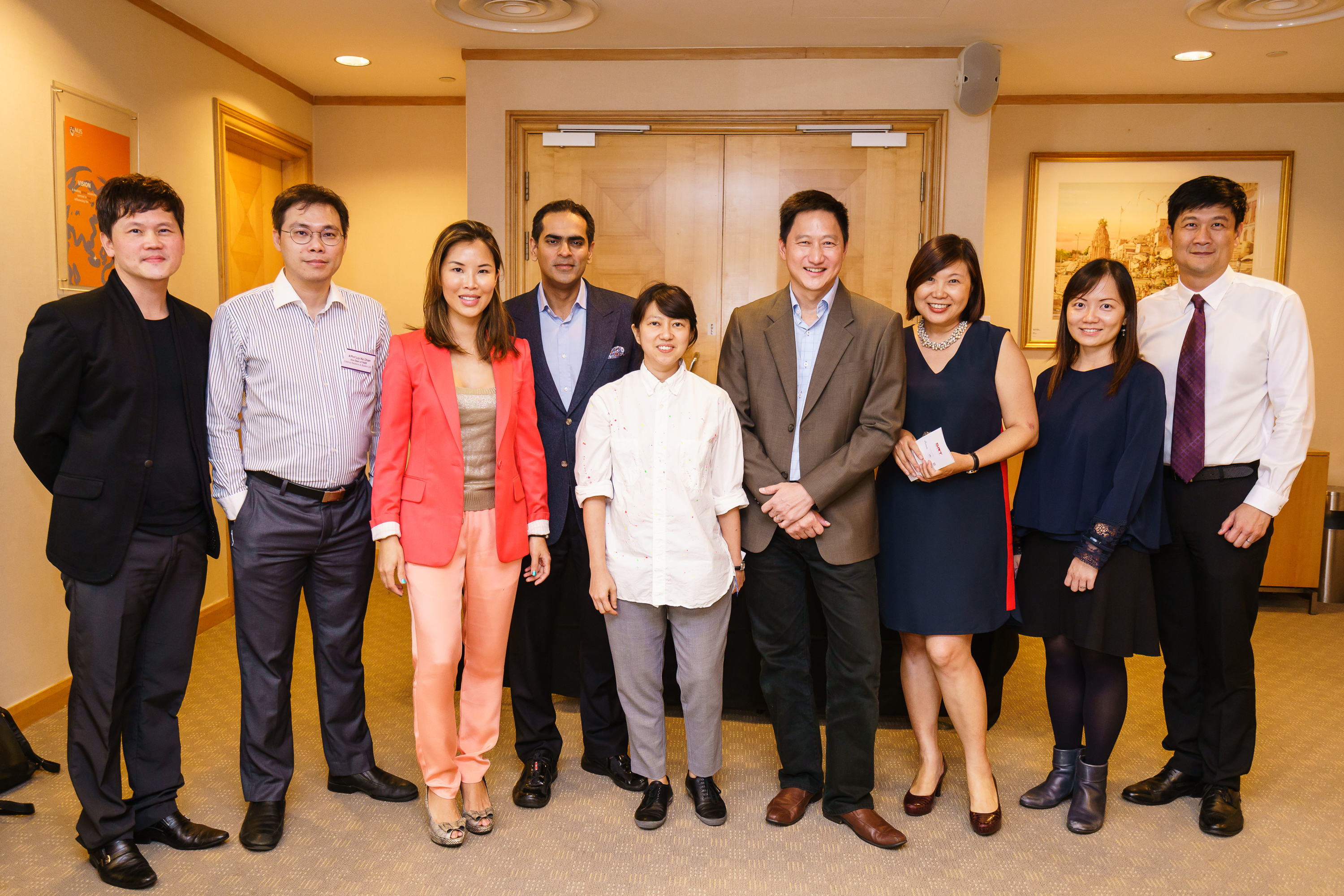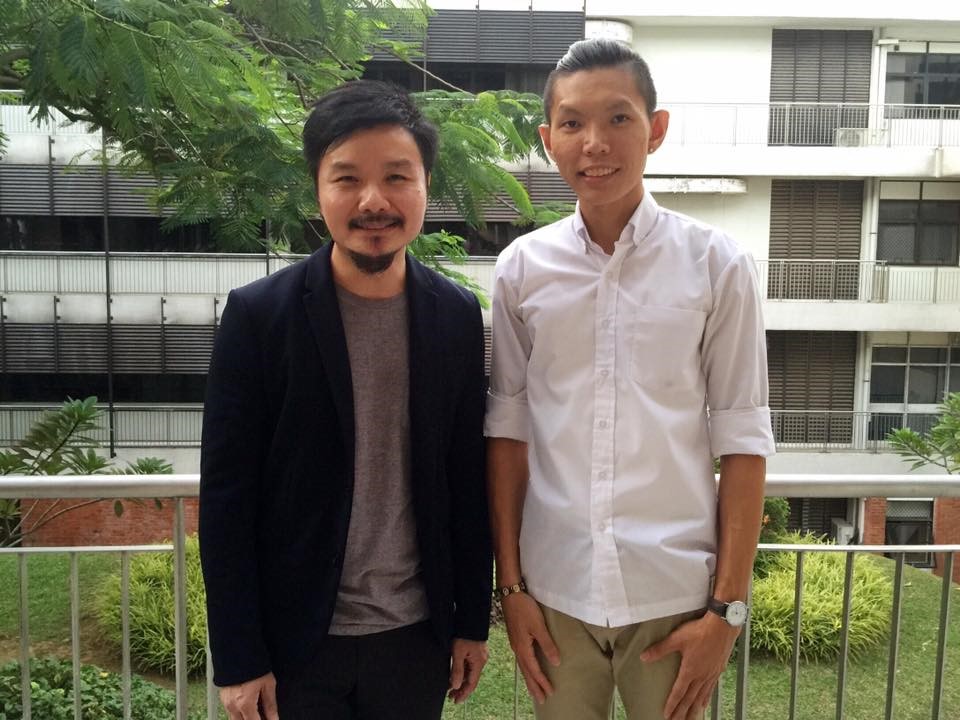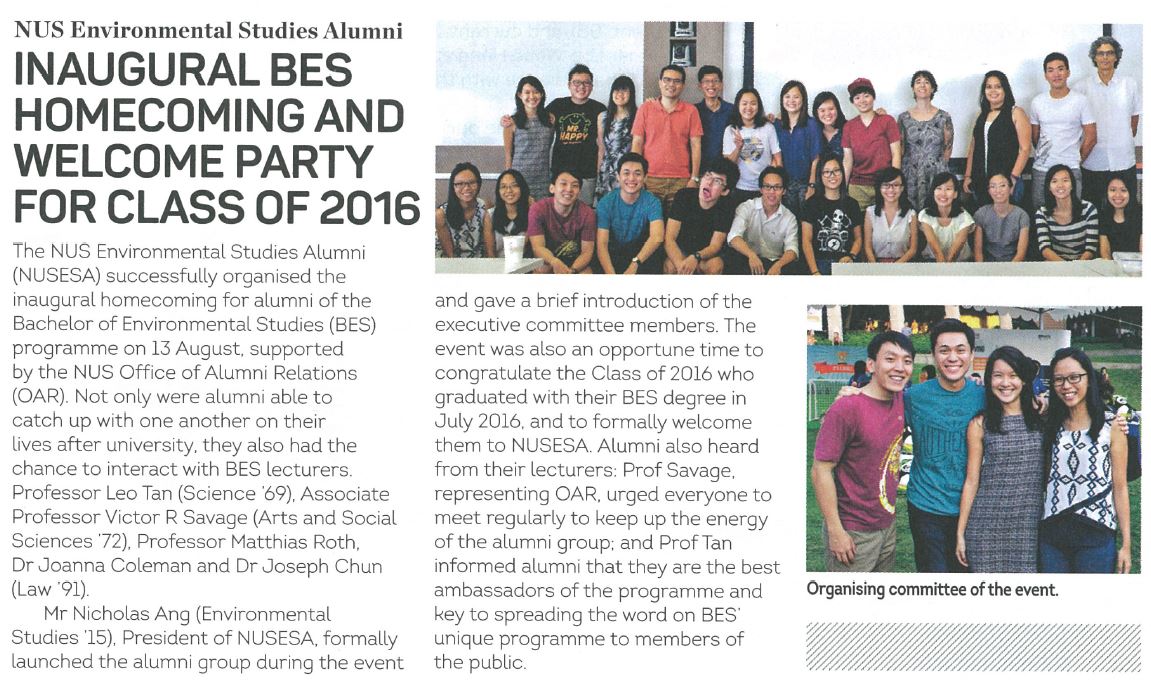Professor John N. Miksic (NUS Dept of Southeast Asian Studies) and Associate Professor Goh Geok Yian (NTU HSS) will talk about their latest book, Ancient Southeast Asia, published by Routledge Area Studies, on Fri, 11 Nov, at Level 16, The POD, National Library Building.
Discounted copies of the book will be available at the launch. Seating is limited, so please register your attendance here: https://www.eventbrite.sg/e/book-launch-of-ancient-southeast-asia-by-john-n-miksic-and-goh-geok-yian-tickets-28352702697
Hope you can join us next month for the launch!
Details of the event are below and at the link above.
Launch of Ancient Southeast Asia (Routledge, 2016), presented by The Singapore Research Nexus (SRN)
John Miksic and Goh Geok Yian will discuss how they decided to structure Ancient Southeast Asia, which is organized not by modern  polity, nor by reference to modern ethno-linguistic groups, but by smaller geographical units corresponding to what O. W. Wolters termed mandalas. The units can be grouped in a 3×3 grid which stretches from the north tropics, to the equatorial zone, to the south tropics, and from west of the Wallace Line to Wallacea, to the area east of Weber’s line. They will also discuss relations between mainland-island and upland-lowland. Miksic and Goh emphasize trade, travel, and connections rather than isolation and independent development.
polity, nor by reference to modern ethno-linguistic groups, but by smaller geographical units corresponding to what O. W. Wolters termed mandalas. The units can be grouped in a 3×3 grid which stretches from the north tropics, to the equatorial zone, to the south tropics, and from west of the Wallace Line to Wallacea, to the area east of Weber’s line. They will also discuss relations between mainland-island and upland-lowland. Miksic and Goh emphasize trade, travel, and connections rather than isolation and independent development.
The authors will then speak on the prehistoric period, after which they will focus on the position of Singapore in the larger scope of ancient Southeast Asia. Singapore was part of a class of trading ports of the Late Classical and Post Classical eras. It was an example of early hybrid societies which appeared when Chinese enclaves developed. They will touch on the historiography of Southeast Asia and the usage of literary theory to analyse Southeast Asian oral and written traditions.
They will discuss, in addition, how knowledge of the premodern period is essential to understanding what transpired in Southeast Asia after 1600, when the book ends.
A Question and Answer Session of half an hour will follow the talk, which commences at 7pm and lasts approximately 1 hour. There will be a Registration period of half an hour before the talk begins and light refreshments will be provided (6:30pm).
Books will be available for sale from Routledge at a special discount. Payment by cash or credit card only.
Original price: S$53.20
Less 30%: S$37.30
7% GST: S$2.70
Total: S$40.00
Schedule
Registration & light refreshments – 6:30pm
Talk by John N. Miksic and Goh Geok Yian – 7pm
Q and A – 8pm
About the Authors
Professor John N. Miksic joined the newly-formed NUS Southeast Asian Studies Programme, as the Department was then called, in 1991, having taught at the NUS Department of History after moving to Singapore in 1987. He has served on the National Heritage Board and the advisory boards of the National University Museum and the Asian Civilisations Museum and has received awards from Singapore and Indonesia for contributions to the study of Southeast Asian culture. Miksic served on the board of the Center for Khmer Studies from 2000 to 2016. His current research projects include the archaeology of ancient ports on the shores of the Straits of Melaka, early cities in Indonesia, Cambodia, and Myanmar, and ceramic analysis. Miksic also manages the Department of Southeast Asian Studies Archaeology Laboratory.
Associate Professor Goh Geok Yian joined the School of Humanities and Social Sciences at NTU in January 2008. Her research interests include archaeology and early history of Southeast Asia, with particular focus on Burma and Southeast Asian mainland, world history and civilizations, classical and modern Burmese literature, and early communication, cultural, and trade networks between regions particularly those of Southeast Asia with the Indian Ocean and South China Sea regions. Her current research focuses on the study of Buddhist architecture and mural paintings of Bagan, a medieval Burmese kingdom. Goh’s other research work includes the study of early urbanization and cities in Burma, particularly on comparison made with other contemporary Southeast Asian polities and the applicability of theoretical models. She is also working on an English translation of a 20th-century Burmese novel by a well-known author, Ma Sandar.

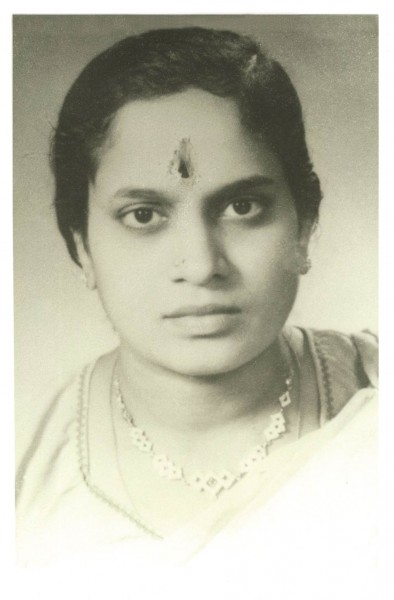
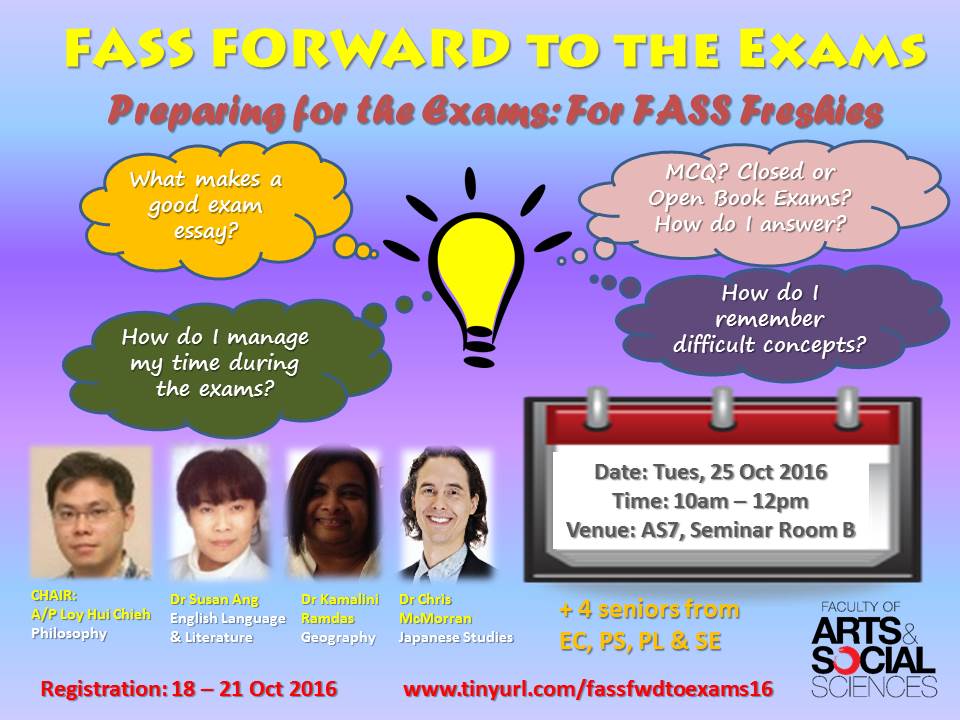
 On 5 October 2016, NUS held the inaugural ArtsConnect – Careers & Networking Event at the University Cultural Centre. The event was jointly organized by the Centre for Future-ready Graduates, the Faculty of Arts and Social Sciences, Yale-NUS College, NUS Centre For the Arts, supported by the Office of Alumni Relations and was targeted at students interested in pursuing careers in the local Arts and Culture scene. Unlike the plenitude of networking events available that are geared towards the fields of business consulting and entrepreneurship, ArtsConnect provided an unparalleled platform to connect undergraduates with the elusive and commonly misperceived Arts and Culture scene in Singapore.
On 5 October 2016, NUS held the inaugural ArtsConnect – Careers & Networking Event at the University Cultural Centre. The event was jointly organized by the Centre for Future-ready Graduates, the Faculty of Arts and Social Sciences, Yale-NUS College, NUS Centre For the Arts, supported by the Office of Alumni Relations and was targeted at students interested in pursuing careers in the local Arts and Culture scene. Unlike the plenitude of networking events available that are geared towards the fields of business consulting and entrepreneurship, ArtsConnect provided an unparalleled platform to connect undergraduates with the elusive and commonly misperceived Arts and Culture scene in Singapore.